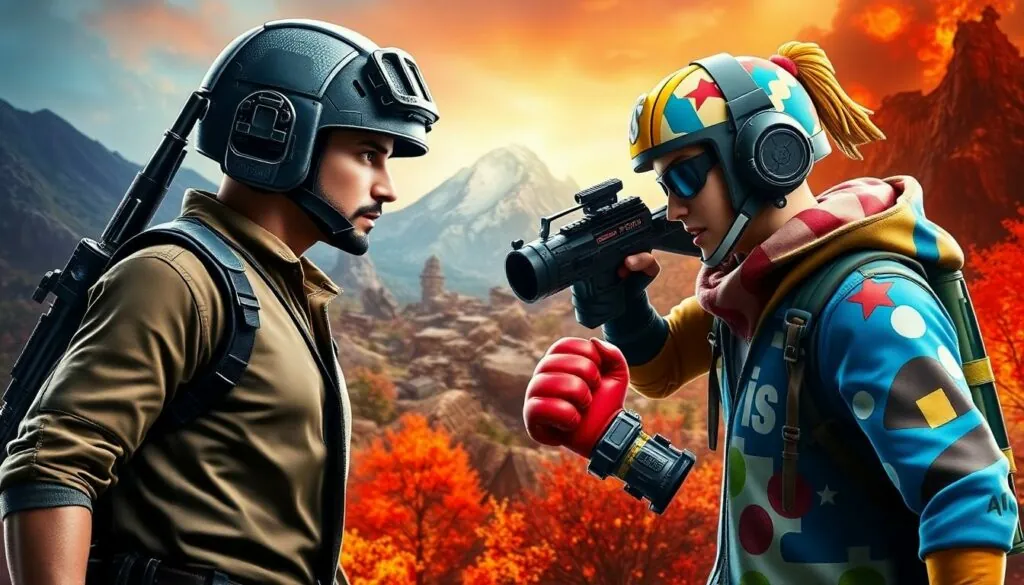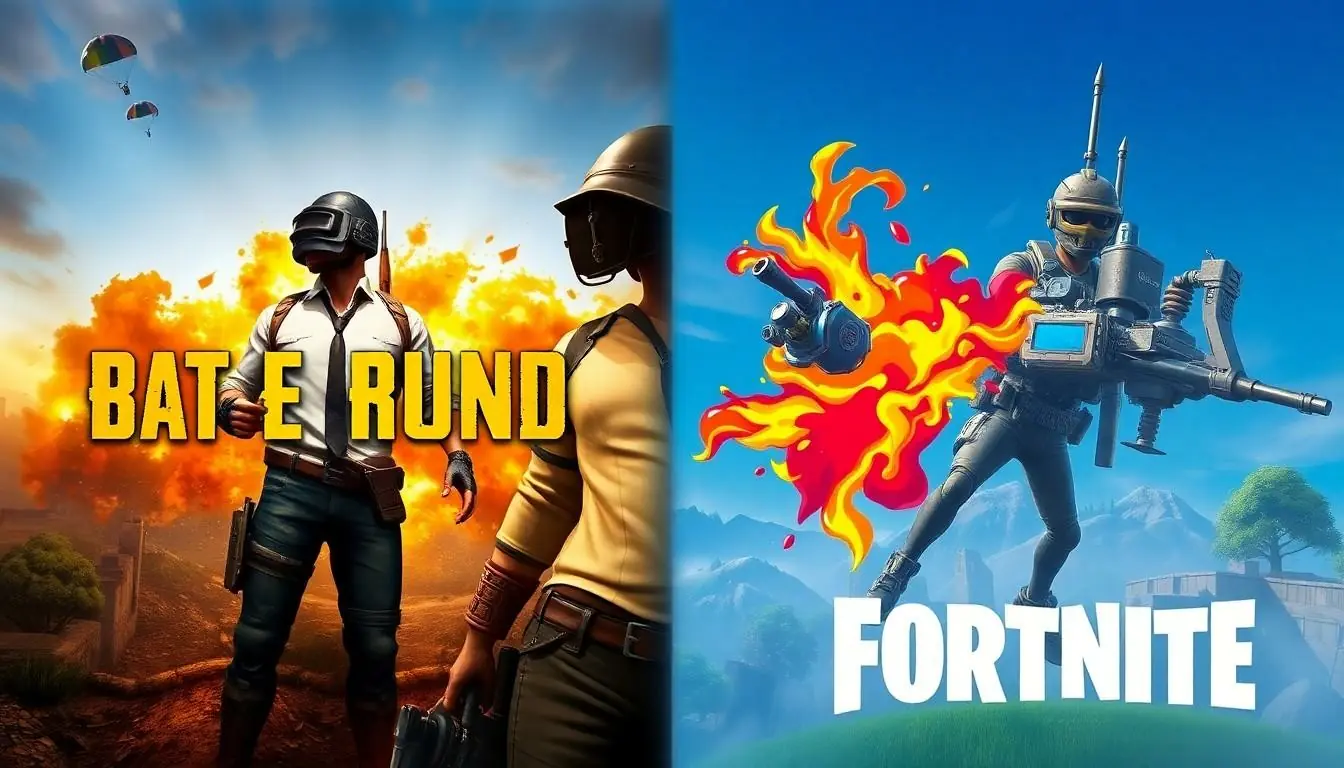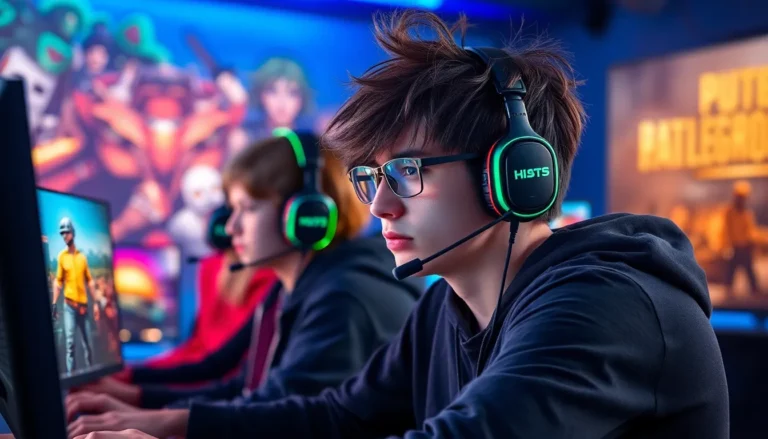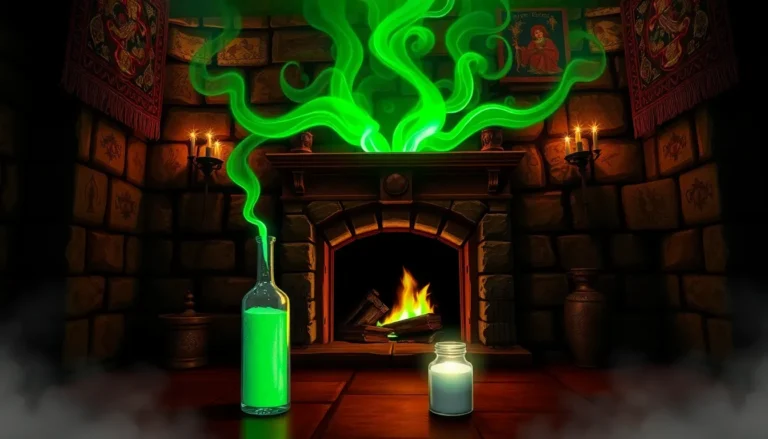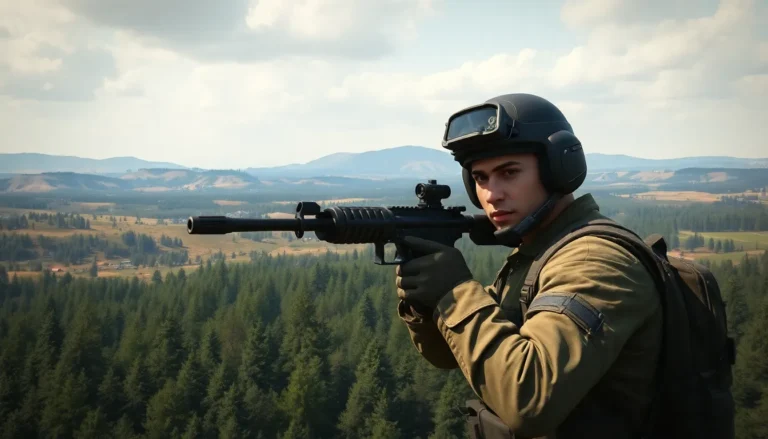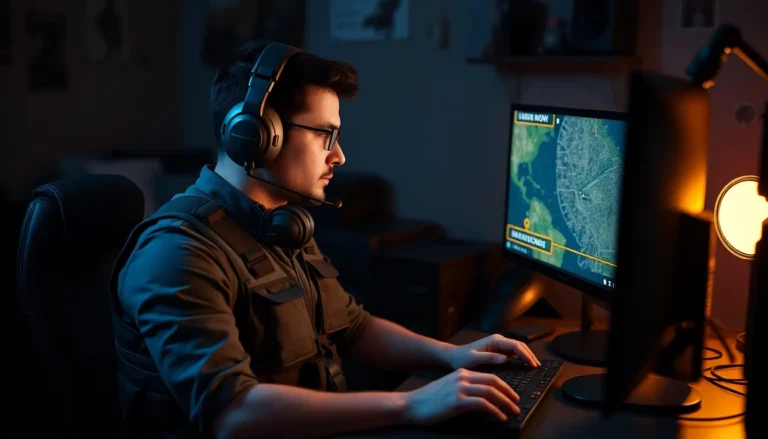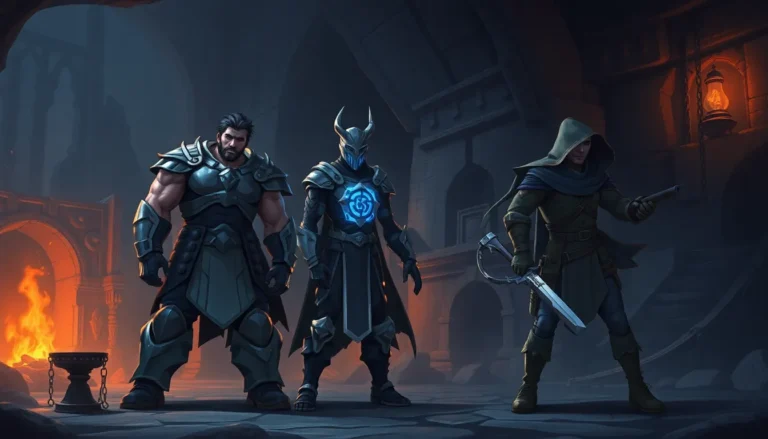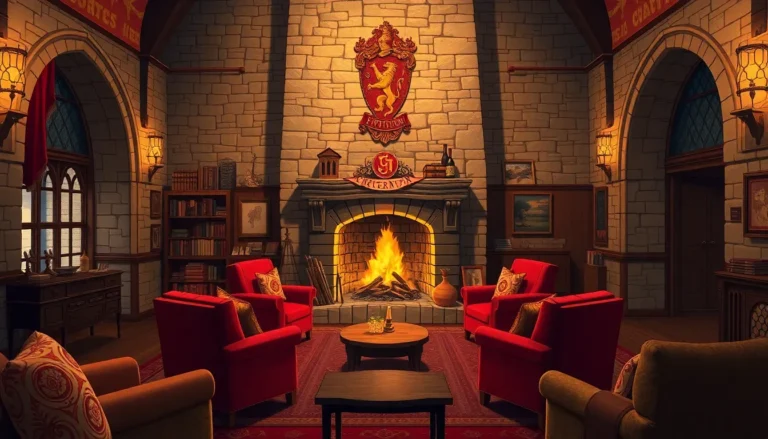In a twist that could rival the most dramatic plot twists in gaming history, PUBG has decided to take Fortnite to court. Yes, you read that right! The battle royale giants are locked in a legal showdown that’s got gamers buzzing. It’s like watching two heavyweight champions throw down in the ring, but instead of punches, they’re trading lawsuits.
Table of Contents
ToggleBackground of the Lawsuit
The legal battle between PUBG and Fortnite stems from claims of copyright infringement. PUBG Corp asserts that Fortnite copied several features integral to its gameplay.
Overview of PUBG and Fortnite
PUBG, short for PlayerUnknown’s Battlegrounds, launched in 2017. It became a pioneer in the battle royale genre, emphasizing realistic graphics and strategic gameplay. Fortnite, released shortly after, gained popularity for its vibrant art style and building mechanics. The contrasting approaches attracted diverse player bases, intensifying competition. Both games set significant benchmarks within the gaming community.
Timeline of Events Leading to the Lawsuit
In March 2018, PUBG Corp expressed concerns over Fortnite’s similarities during a public statement. Shortly thereafter, legal discussions initiated. In April 2018, PUBG filed a lawsuit against Epic Games, alleging that Fortnite replicated crucial elements of its gameplay. By 2019, the dispute captured widespread media attention, with both parties exchanging statements about the impact on their respective franchises. The ongoing conflict continues to stir conversations within the gaming industry.
Legal Grounds for the Lawsuit
The legal battle centers on allegations related to copyright infringement. PUBG Corp claims that Fortnite copied essential gameplay features that define its battle royale experience.
Claims Made by PUBG
PUBG asserts several claims against Fortnite, emphasizing the game’s distinctive mechanics. They highlight features such as the overall gameplay structure and user interface. The lawsuit argues that elements like player parachuting and map design closely mirror those in PUBG. PUBG’s legal team argues that these similarities potentially confuse consumers. They believe that Fortnite’s success hinges on these appropriated aspects, impacting PUBG’s brand integrity.
Defense from Fortnite
Fortnite’s defense focuses on the argument of creative freedom in game design. Epic Games argues that many battle royale mechanics are common elements within the genre. They contend that innovations in user engagement, such as building mechanics, differentiate Fortnite. They assert that similarities in mechanics exist due to industry trends rather than direct copying. Epic Games maintains that the lawsuit attempts to stifle competition within the gaming market.
Impact on the Gaming Industry
The lawsuit between PUBG and Fortnite has significant implications for the gaming industry. Both titles shape player expectations and set industry standards.
Reactions from Players and Fans
Players express divided opinions on the lawsuit. Some support PUBG, appreciating its pioneering role in the battle royale genre. Others back Fortnite, praising its innovative approach and community engagement. Many gamers feel anticipation about potential changes to gameplay as a result of the conflict. Social media platforms buzz with discussions, memes, and debates, highlighting varying perspectives. The legal showdown has intensified community loyalty, with fans declaring allegiance to their favorite game, reflecting a wider rift within the gaming community.
Implications for Future Game Development
Game developers take note of the lawsuit’s potential impact. Legal precedents shape the future of creativity and innovation in the industry. The ongoing case raises questions about originality in gameplay mechanics. Developers might exercise caution, fearing stricter adherence to copyright laws. Innovation could become limited if companies prioritize legal safety over creative expression. This environment may foster a trend towards more generic elements among battle royale games, reducing unique gaming experiences. Ultimately, the lawsuit encourages a deeper examination of intellectual property rights and their effects on game development strategies.
Ongoing Developments
The legal conflict between PUBG and Fortnite continues to evolve, capturing attention within the gaming community. Ongoing discussions about the lawsuit shed light on its implications for the industry.
Current Status of the Lawsuit
The lawsuit remains active in court. Recent filings show both parties maintaining their positions, with PUBG Corp seeking damages and a potential injunction against Fortnite. Epic Games continues to challenge the claims, emphasizing that similarities are commonplace in the battle royale genre. Court dates are periodically scheduled, though delays occur as both sides submit additional evidence and arguments. Media coverage keeps fans updated on developments, highlighting reactions from the gaming community.
Potential Outcomes and Settlements
Potential outcomes of this lawsuit could reshape industry standards. Settlements may arise, possibly resulting in licensing agreements or collaborative projects. If PUBG succeeds, it might set a precedent, influencing how developers approach originality in gameplay design. Conversely, a victory for Epic Games could reinforce the idea that many battle royale mechanics are standard features not subject to copyright claims. Players and developers alike watch closely, as the results may impact future game design strategies and intellectual property rights within the gaming industry.
Conclusion
The ongoing legal battle between PUBG and Fortnite exemplifies the complexities of intellectual property rights in the gaming industry. As both titles continue to shape player expectations and industry standards, the outcome of this lawsuit could have far-reaching implications.
With PUBG asserting its pioneering role in the battle royale genre and Epic Games defending its creative approach, the conflict highlights the delicate balance between innovation and legal protection. Gamers and developers alike are left to ponder how this case will influence future game design strategies and the overall landscape of competitive gaming.
As the case unfolds, the gaming community remains engaged and divided, eagerly awaiting a resolution that could redefine the boundaries of originality in game mechanics.

